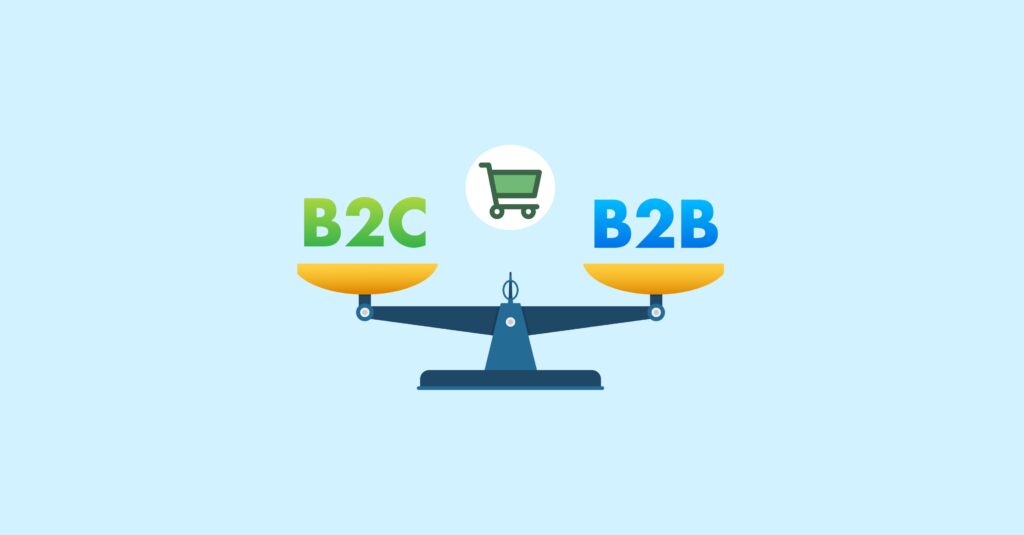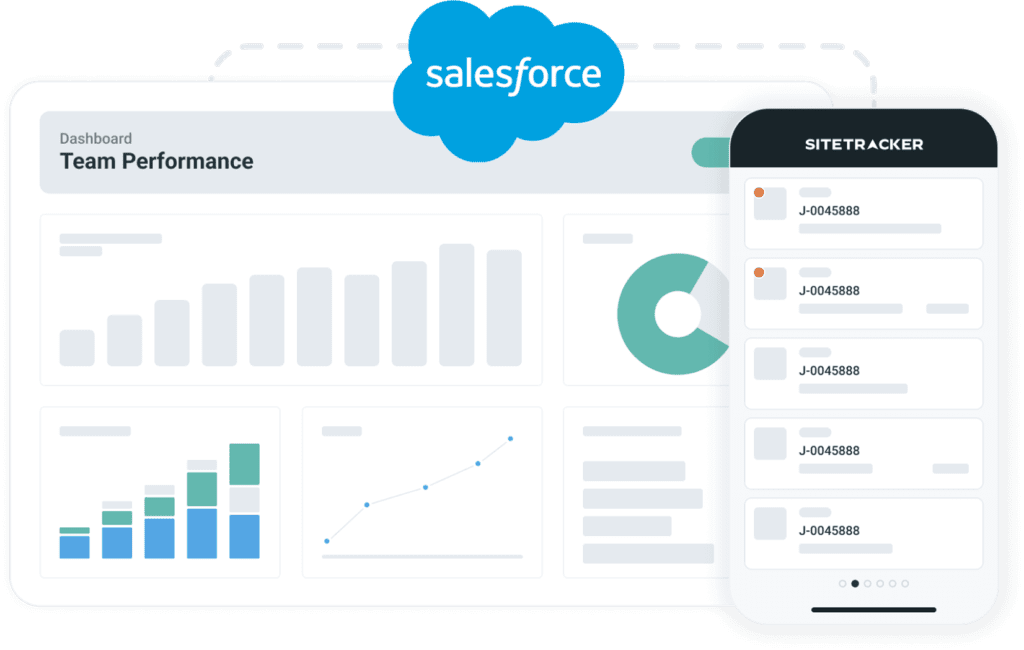According to World Economic Forum forecasts, by 2022, digital sales will skyrocket and account for 22% of global retail sales. This clearly indicates that SFCC will be used to run their online business because of the development of the eCommerce market and growing interest in online shopping.
In addition, the following eCommerce trends are expected for 2023:
- Mobile commerce’s dominance,
- Multiple payment methods,
- Shopping across multiple channels,
- AI technologies to enhance the eCommerce experience.
Using SFCC, business owners can keep up with their digital operations and grow their businesses to a whole new level. You can expand your business internationally, present your brand in foreign markets, and scale your business with Salesforce’s innovative eCommerce solution.
Why trust SFCC?
But how can you be sure that you can rely on the Salesforce Commerce Cloud to handle all of your eCommerce needs? We will examine both platforms in this blog post in order to assist you in understanding the differences between them and to guide you in selecting the best solution for your eCommerce business.
B2C Commerce Cloud
Salesforce B2C Commerce lets you develop and organise client digital experiences across numerous devices and channels, with broad features ranging from online stores to checkout functions.
Large brands and shops sometimes require many websites. Let’s assume you provide services or goods in worldwide markets, or your organisation has a variety of brands.
You should have a distinct site for every brand and geographic location, if possible. Salesforce business-to-consumer commerce enables you to manage many websites from one location.
B2C Commerce’s functionalities also extend to emails, social networking sites, and the integration of real-world shopping experiences, which helps to make it world-class. Consumers don’t simply communicate on websites; they also interact in all those other areas.
B2B Commerce Cloud
Online shopping isn’t just popular with families and individuals. Additionally, businesses purchase online, which quickly becomes increasingly complicated as Salesforce B2B Commerce is used across all industries, from healthcare to manufacturing.
The sites for B2B transactions are designed for super-sized shopping baskets with orders comprising many thousands of items. Just imagine how large and deep a physical shopping cart would be.
However, that isn’t the only thing. A B2B business model is different from a B2C model and includes specific features made for this kind of business model.
Besides offering a shopping cart that can accommodate a reasonable number of items, there are also features such as quick ordering for customised themes, frequent orders for each account, multi-delivery date and location shipping, multiple payment methods, and negotiated prices for customers.
Comparison between Salesforce Commerce Cloud B2B and B2C
The first marketing strategy B2C stands for business-to-customer, and the other second one is B2B, which stands for business-to-business. The following are the primary distinctions between Salesforce business and customer Commerce Cloud and Salesforce Business-to-Business Commerce Cloud-based Solutions
Business needs
Both the commerce cloud solutions for B2C and B2B commerce differ from one another in a number of business factors, including the types of vendors, business needs, and the core audience.
For recognised direct sellers, manufacturers, and online retailers, its B2C Commerce Platform tool, for example, might be an excellent fit. They are eager to market their items to consumers directly.
But the other B2B Commerce Cloud may highlight the best fit for almost any company manufacturer or CPG (consumer packaged goods) businesses that want to serve their business customers in a fresh and unique way.
Platform requirements
Each of these two cloud solutions has a different platform to work on to serve the needs of their different audience segments.
B2C marketplaces require powerful platforms with enormous database resources to ensure smooth customer buying experiences. Also, Salesforce’s B2C Commerce Cloud platform provides all the required customization, analytics, performance, user management, and security tools.
In the case of B2B e-commerce, a platform that is more adaptable and comes with several features is needed, such as an order management system, production test migration, and user access rights. That’s why Salesforce’s B2B Commerce platform uses advanced tools to handle complex orders such as contract pricing, entitlements to products, and order management.
Multi-channel support
The main feature of Commerce Cloud is its ability to offer customer support through multiple channels to companies that have integrated Salesforce.
As for the same, the B2C Commerce Cloud will enable companies to implement custom integrations in a certain area with the help of vendors or third parties. The following services are included in this category: Reviews and Ratings, E-Mail Services, Tax Processing, and Payment Processing
In contrast, the B2B commerce platform allows for the integration of third-party stores. Consequently, the business’s catalogue of products would have the ability to be integrated with that of the major online retailers.
Payment type and pace
The requirements of B2C e-commerce include rapid and easy payment processing as well as efficient and seamless client checkout operations. As a result, the Salesforce B2C Commerce Cloud offers immediate payment choices. Examples include ACH transactions, credit/debit payment cards, subscription services, purchase orders, and so on.
A business-to-business marketplace with several consumer (current) accounts, on the other hand, involves various payment choices as well as other considerations such as compliance, budgeting, and so on. B2B Commerce Cloud, for some reason, supports a variety of payment options, like purchase requisitions, credit cards, and so on.
Final thoughts
A large enterprise merchant looking for an all-inclusive e-commerce solution with high customization should consider Salesforce Commerce Cloud. In addition, both B2B and B2C Commerce Cloud platforms are well suited for their respective target audiences, as shown above in the discussion regarding the differentiation between the two solutions.
The Salesforce Commerce Cloud Partner implements both of these platforms nicely, providing B2C and B2B services to numerous B2C and B2B brands, respectively. Also, they provide assistance in designing, implementing, and customising Salesforce-based solutions for several businesses.



